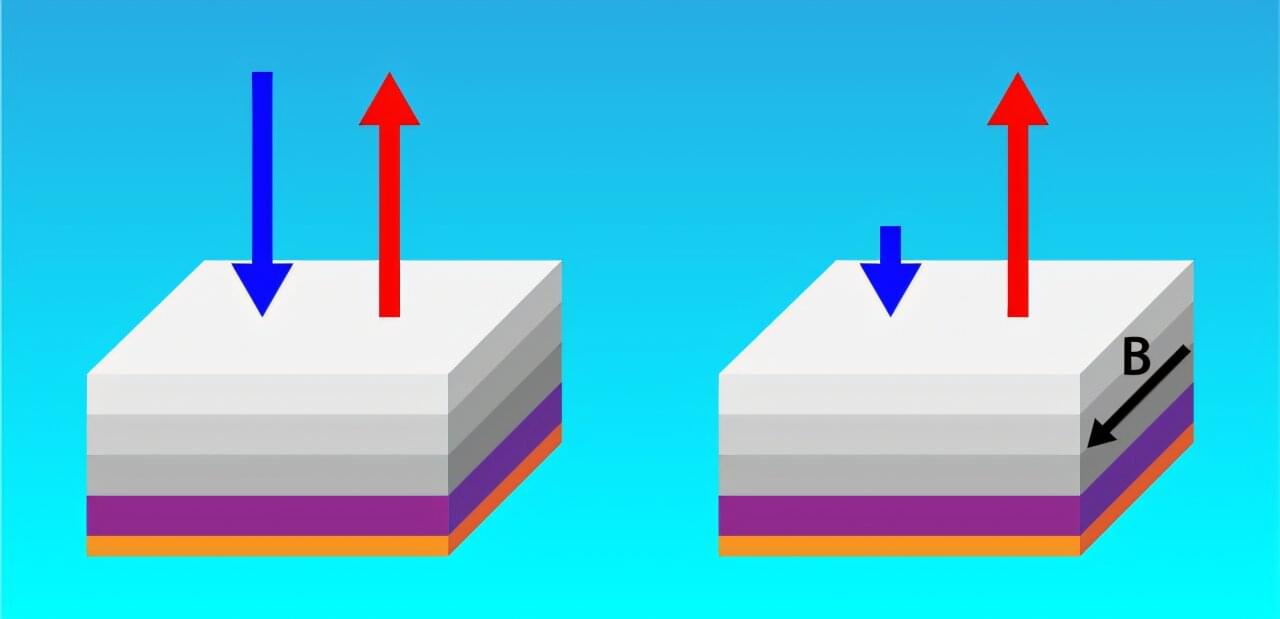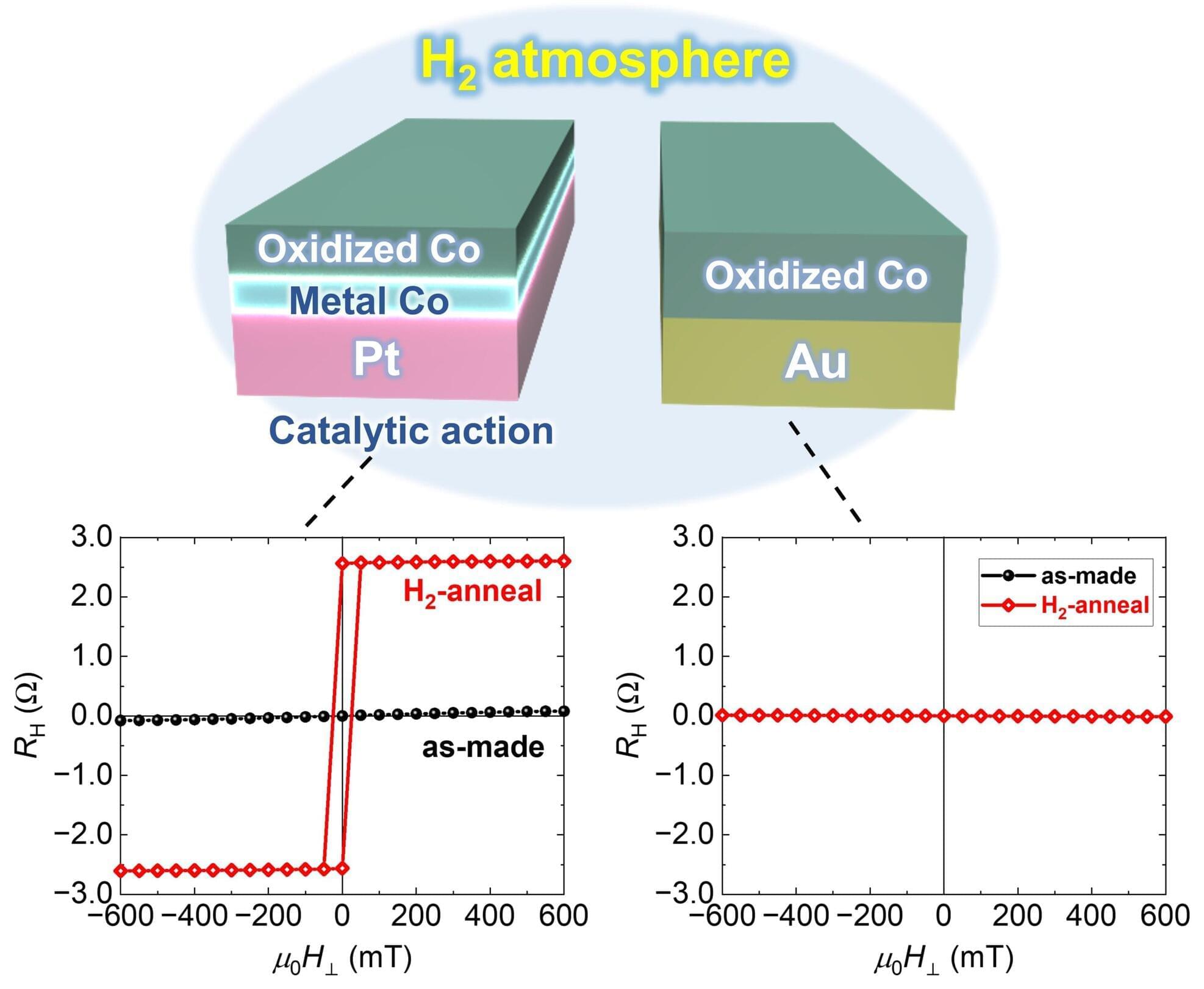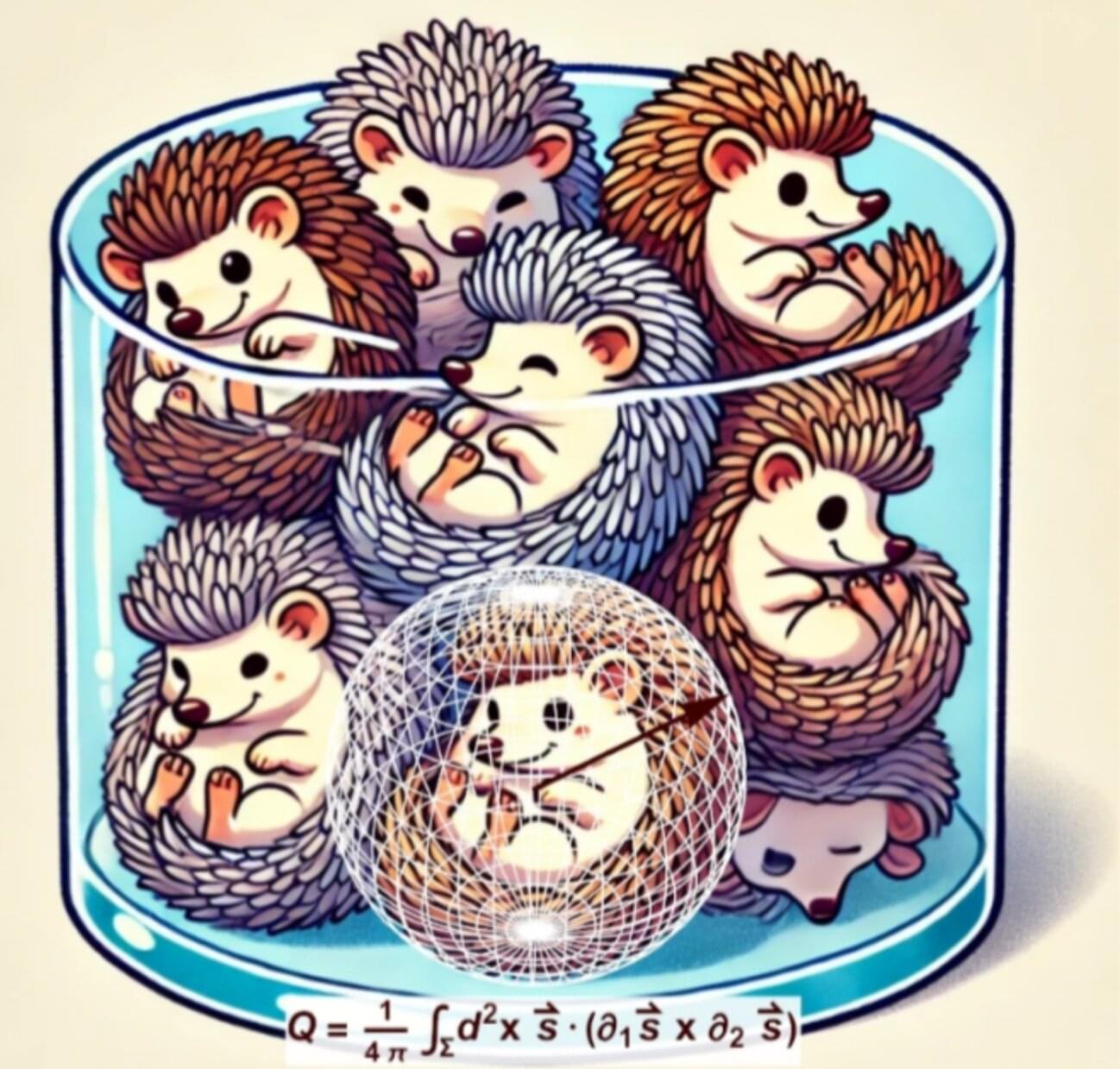New results published in the journal Physical Review Letters detail how a specially designed metamaterial was able to tip the normally equal balance between thermal absorption and emission, enabling the material to better emit infrared light than absorb it.
At first glance, these findings appear to violate Kirchhoff’s law of thermal radiation, which states that—under specific conditions—an object will absorb infrared light (absorptivity) in one direction and emit it (emissivity) with equal intensity in another, a phenomenon known as reciprocity.
Over the past decade, however, scientists have begun exploring theoretical designs that, under the right conditions, could allow materials to break reciprocity. Understanding how a material absorbs and emits infrared light (heat) is central to many fields of science and engineering. Controlling how a material absorbs and emits infrared light could pave the way for advances in solar energy harvesting, thermal cloaking devices, and other technologies.








